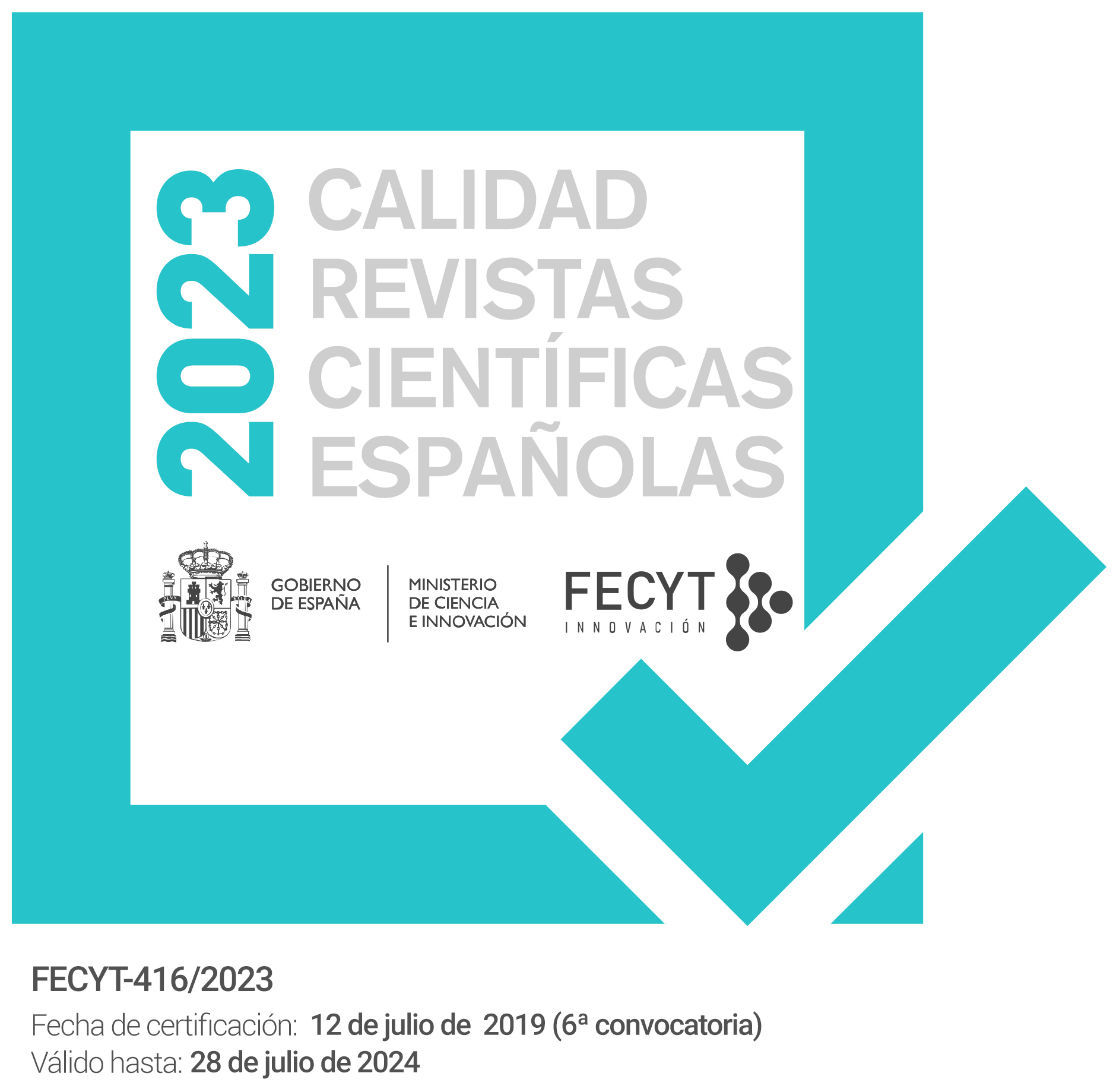Los filtros de accesibilidad a los documentos públicos
Keywords:
accesibilidad documental, archivero, archivística, archivo, archivo público, instrumento de descripción, filtros de accesibilidad, legislación sobre archivos, restauración, Access, archivist, archives administration, archive, public archive, finding aidAbstract
El presente artículo pretende despejar las dudas suscitadas en las salas de investigación de los archivos, en cuanto a la consulta de los documentos portadores de información se refiere, bien por ser fuentes históricas, bien por tratarse de testimonios y pruebas de derechos adquiridos por las administraciones y administrados. La documentación histórica por excelencia (de más de 100 arios de antigüedad) es de consulta libre, pues el desvelo y discernimiento de su tenor no atenta contra la intimidad de las personas ni contra la integridad de los procedimientos. No ocurre lo mismo con la documentación reciente, cuyo reconocimiento de su contenido puede, en determinado casos, afectar negativamente a su intervinientes (autor, destinatario y rogatorio) o, simplemente, por tratarse de actos personales y propios, conceptuados de íntimos, que no interesan a terceras personas. Pero hay otros impedimentos, menos emblemáticos y reconocidos, que impiden la lectura de los documentos como son su mal estado de conservación (lo que limita su manejo) y la ausencia de instrumentos de descripción (lo que impide la localización de los documentos de interés). Estos impedimentos son a los que hemos bautizado con la denominación de “filtros de accesibilidad”, y que son los siguientes: Filtro legal (o plazos administrativos de accesibilidad y derecho a la intimidad), filtro de conservación (o mal estado de los documentos) y filtro de los descriptores (o ausencia de instrumentos de descripción documental).
The purpose of this article is to clear up the doubts concerning the difficulty of access to documents in public archives. Ancient documents (those more than one hundred years old) are free to access since the revealing of its tenor does not violate the right to privacy or the integrity of procedures. However, the access to recent documents may be detrimental to the people implied (author, addressee, etc) particularly in the case of personal acts, which does does not concern other people. Besides, there are other reasons to limit the access to the documents, as the state of preservation (documents difficult to handle) and the lack of finding aids (problems to find a requested document). We have designed all these obstacles filters of accessibility, which are filtro legal (i.e. right to privacy), filter of conservation (concerning the state of preservation of documents) and f filtro de descriptors (concerning the lack of finding aids).
Downloads
Downloads
Issue
Section
License
The articles are open access distributed under the terms of the Creative Commons Attribution-NonCommercial-NoDerivatives (CC BY-NC-ND) Spain 4.0 license. Authors who publish in this journal agree with the following terms:
a) Authors retain the copyright and guarantee the journal the right to be the first publication of the work as well as licensed under a Creative Commons Attribution License that allows others to share the work with a recognition of the authorship of the work and the Initial publication in this magazine.
b) Authors may separately establish additional agreements for the non-exclusive distribution of the version of the work published in the journal (for example, place it in an institutional repository or publish it in a book), with recognition of its initial publication in this magazine.
c) Authors are allowed and encouraged to disseminate their work electronically (for example, in institutional repositories or on their own website) before and during the submission process, as it may result in productive exchanges, as well as a earliest and largest citation of published works (See The Effect of Open Access).



